In today’s digital world, maintaining online privacy and security is more important than ever. Whether you’re trying to protect your personal information from prying eyes or simply access content that’s restricted in your region, mobile proxies and VPNs (Virtual Private Networks) are two popular tools that can help. But which one is right for you? In this article, we’ll break down the differences between mobile proxies and VPNs, helping you decide which option best suits your needs.
What is a Mobile Proxy?
A mobile proxy is a server that routes your internet traffic through a mobile device’s IP address. This makes it appear as though your online activity is coming from a mobile device rather than a traditional desktop or laptop. Mobile proxies are particularly useful for activities that require high levels of anonymity, such as managing multiple social media accounts or conducting market research.
Types of Mobile Proxies
- Dedicated Mobile Proxies: Exclusive to one user, providing a higher level of control and security.
- Shared Mobile Proxies: Used by multiple users, which can be more cost-effective but potentially slower.
What is a VPN?
A VPN, or Virtual Private Network, is a service that encrypts your internet connection and routes it through a server in another location. This not only hides your IP address but also secures your data from potential hackers or surveillance. VPNs are widely used for secure browsing, especially when using public Wi-Fi, and for accessing region-restricted content.
Types of VPNs
- Remote Access VPNs: Allow users to connect to a private network from a remote location.
- Site-to-Site VPNs: Used to connect entire networks to each other over the internet, often used by businesses.
How Do Mobile Proxies Work?
Mobile proxies work by assigning your internet connection a mobile IP address, which is provided by a device connected to a cellular network. When you send a request to a website, the mobile proxy routes the request through this mobile IP, making it appear as if you are browsing from a mobile device. This is particularly useful for bypassing restrictions that target non-mobile IPs or for performing actions that might be flagged if done repeatedly from the same IP address.
How Do VPNs Work?
VPNs create a secure, encrypted tunnel between your device and the internet. When you connect to a VPN server, your data is encrypted and sent to the server, which then forwards your request to the website you’re trying to access. The website sees the VPN server’s IP address instead of your own, effectively masking your location and identity. This encryption also protects your data from being intercepted by third parties, making VPNs an excellent choice for secure browsing.
Comparing Mobile Proxies and VPNs
When deciding between a mobile proxy and a VPN, it’s essential to consider several factors:
Anonymity and Privacy
- Mobile Proxies: Offer high levels of anonymity by using mobile IPs, which are less likely to be blocked or flagged by websites.
- VPNs: Provide strong privacy through encryption, ensuring that your data is protected from surveillance and hacking.
Speed and Performance
- Mobile Proxies: Generally faster because they don’t encrypt data, but performance can vary depending on the proxy provider.
- VPNs: May slow down your internet connection due to the encryption process, but this is often negligible with high-quality VPNs.
Security Features
- Mobile Proxies: Focus more on anonymity and bypassing restrictions but lack the encryption provided by VPNs.
- VPNs: Offer robust security features, including data encryption and protection against IP leaks.
Pros and Cons of Mobile Proxies
Advantages of Using Mobile Proxies
- High Anonymity: Mobile IPs are dynamic and change frequently, making it difficult for websites to track your activity.
- Effective Bypassing: Mobile proxies excel at bypassing geo-restrictions and accessing content restricted to mobile devices.
- Cost-Effective: Shared mobile proxies can be a more affordable option compared to dedicated VPN services.
Disadvantages and Potential Risks
- No Encryption: Mobile proxies do not encrypt your data, leaving it vulnerable to interception.
- Dependence on Providers: The quality of mobile proxies can vary significantly depending on the provider.
Pros and Cons of VPNs
Advantages of Using VPNs
- Strong Security: VPNs provide end-to-end encryption, protecting your data from hackers and surveillance.
- Versatility: VPNs are effective for a wide range of activities, from secure browsing to streaming geo-restricted content.
- Access to Global Content: VPNs allow you to appear as if you are in a different location, enabling access to content that may be restricted in your region.
Disadvantages and Potential Risks
- Potential Slowdown: The encryption process can slow down your internet connection, particularly if the VPN server is far away.
- Cost: High-quality VPN services can be expensive, especially for those who need multiple connections or advanced features.
Mobile Proxies for Bypassing Geo-Restrictions
Mobile proxies are particularly effective for bypassing geo-restrictions because they use IP addresses that are less likely to be flagged by websites. This is especially useful for accessing content restricted to mobile devices, such as certain apps or services.
Scenarios Where Mobile Proxies Are Preferred
- Social Media Management: When managing multiple accounts, mobile proxies help avoid detection and bans.
- Market Research: Mobile proxies allow for the collection of unbiased data from different regions.
VPNs for Bypassing Geo-Restrictions
VPNs are also highly effective at bypassing geo-restrictions, particularly for streaming services like Netflix, Hulu, or BBC iPlayer. By connecting to a server in a different country, you can access content as if you were physically present in that location.
Scenarios Where VPNs Are Preferred
- Secure Browsing: VPNs are ideal for secure internet browsing, especially on public Wi-Fi networks.
- Streaming: VPNs are better suited for streaming high-quality content without interruption.
Cost Comparison: Mobile Proxies vs. VPNs
When it comes to cost, mobile proxies and VPNs offer different pricing structures:
- Mobile Proxies: Typically priced based on bandwidth usage or the number of IPs you need. Shared proxies are more affordable, while dedicated proxies can be expensive.
- VPNs: Usually priced on a subscription basis, with monthly or yearly plans. Some VPNs offer discounts for longer commitments, but high-quality services can be costly.
Ease of Use: Mobile Proxies vs. VPNs
Both mobile proxies and VPNs are relatively easy to use, but they cater to different user experiences:
- Mobile Proxies: Often require more technical knowledge to set up, especially if you’re managing multiple accounts or need specific configurations.
- VPNs: Generally easier to set up with user-friendly apps and straightforward interfaces, making them accessible even to beginners.
When to Choose a Mobile Proxy
Mobile proxies are best suited for:
- Social Media Marketers: Managing multiple accounts without getting flagged.
- Researchers: Gathering data from various locations without detection.
- Individuals Bypassing Mobile-Specific Restrictions: Accessing content that is restricted to mobile devices.
When to Choose a VPN
VPNs are ideal for:
- Individuals Concerned About Security: Protecting your data on public Wi-Fi or other unsecured networks.
- Streamers: Accessing geo-restricted content on streaming platforms.
- Travelers: Safeguarding your internet connection while abroad and accessing services from your home country.
Mobile Proxy and VPN: Can You Use Both?
For those who want the best of both worlds, it’s possible to use a mobile proxy and a VPN simultaneously. This setup can provide both the anonymity of a mobile proxy and the security of a VPN. However, it’s essential to ensure that the combination doesn’t slow down your internet connection too much.
Benefits of Combining Both Tools
- Enhanced Security: By layering a VPN over a mobile proxy, you can encrypt your data while still enjoying the anonymity of a mobile IP.
- Increased Access: This combination allows you to bypass even the most stringent geo-restrictions.
How to Effectively Use Them Together
To use both tools effectively, choose a VPN that supports proxy configurations or use a proxy-compatible browser while connected to a VPN.
Conclusion
Choosing between a mobile proxy and a VPN ultimately depends on your specific needs. If you require high levels of anonymity and need to bypass mobile-specific restrictions, a mobile proxy might be your best bet. On the other hand, if you’re looking for comprehensive security and want to protect your data while browsing or streaming, a VPN is the way to go. For those who need both anonymity and security, combining a mobile proxy with a VPN could offer the perfect solution.
FAQs
Which is more secure: a mobile proxy or a VPN?
A VPN is generally more secure because it encrypts your data, whereas a mobile proxy focuses on anonymity without encryption.
Can I use a mobile proxy and a VPN simultaneously?
Yes, you can use both simultaneously to combine the benefits of anonymity and security.
Are mobile proxies or VPNs better for streaming?
VPNs are typically better for streaming due to their ability to bypass geo-restrictions and provide stable connections.
Do mobile proxies or VPNs slow down internet speed more?
VPNs may slow down your connection more due to the encryption process, while mobile proxies are generally faster but less secure.
Is it legal to use mobile proxies and VPNs?
Yes, using mobile proxies and VPNs is legal in most countries, but it’s important to follow the laws of your specific region.

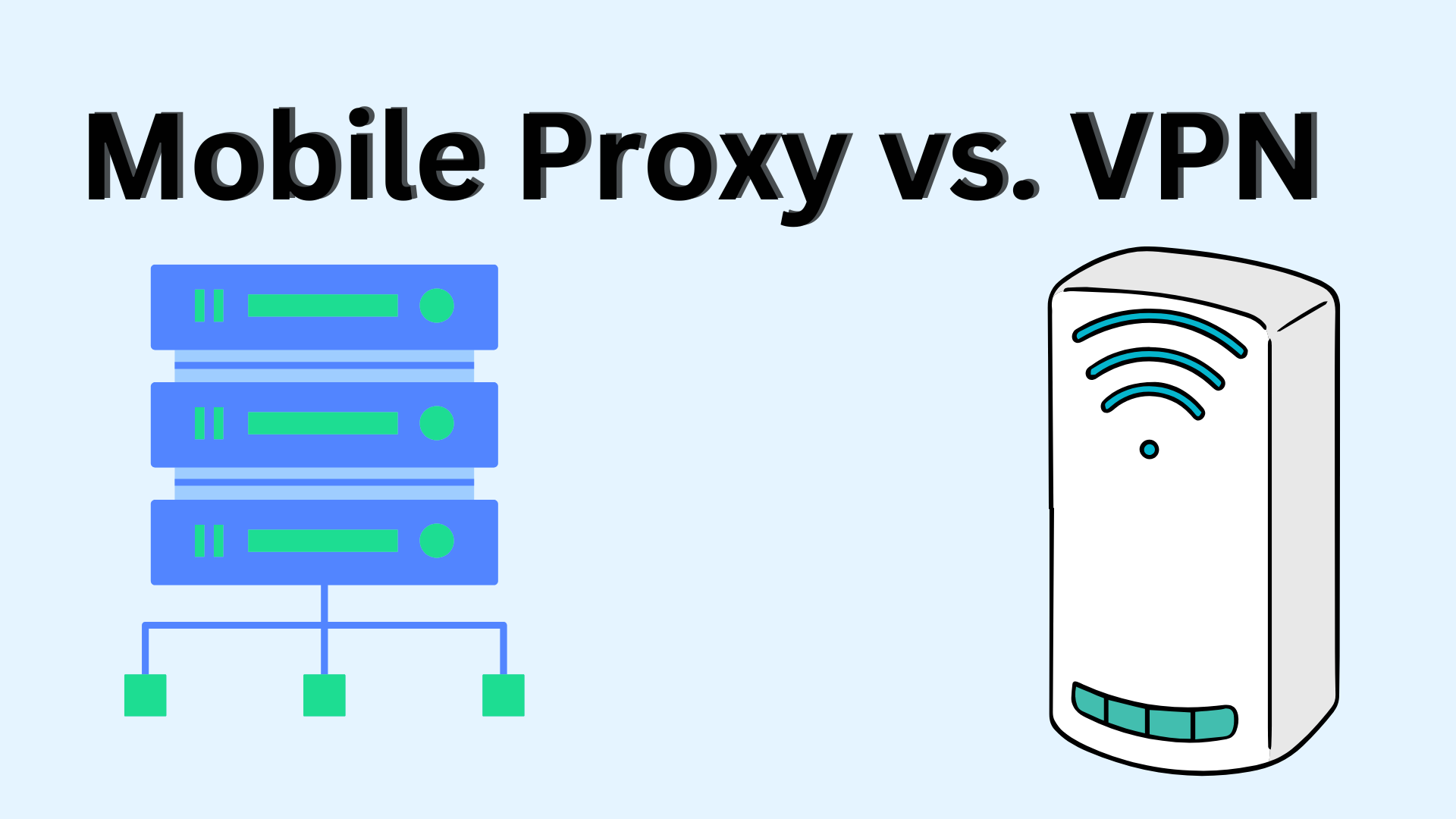
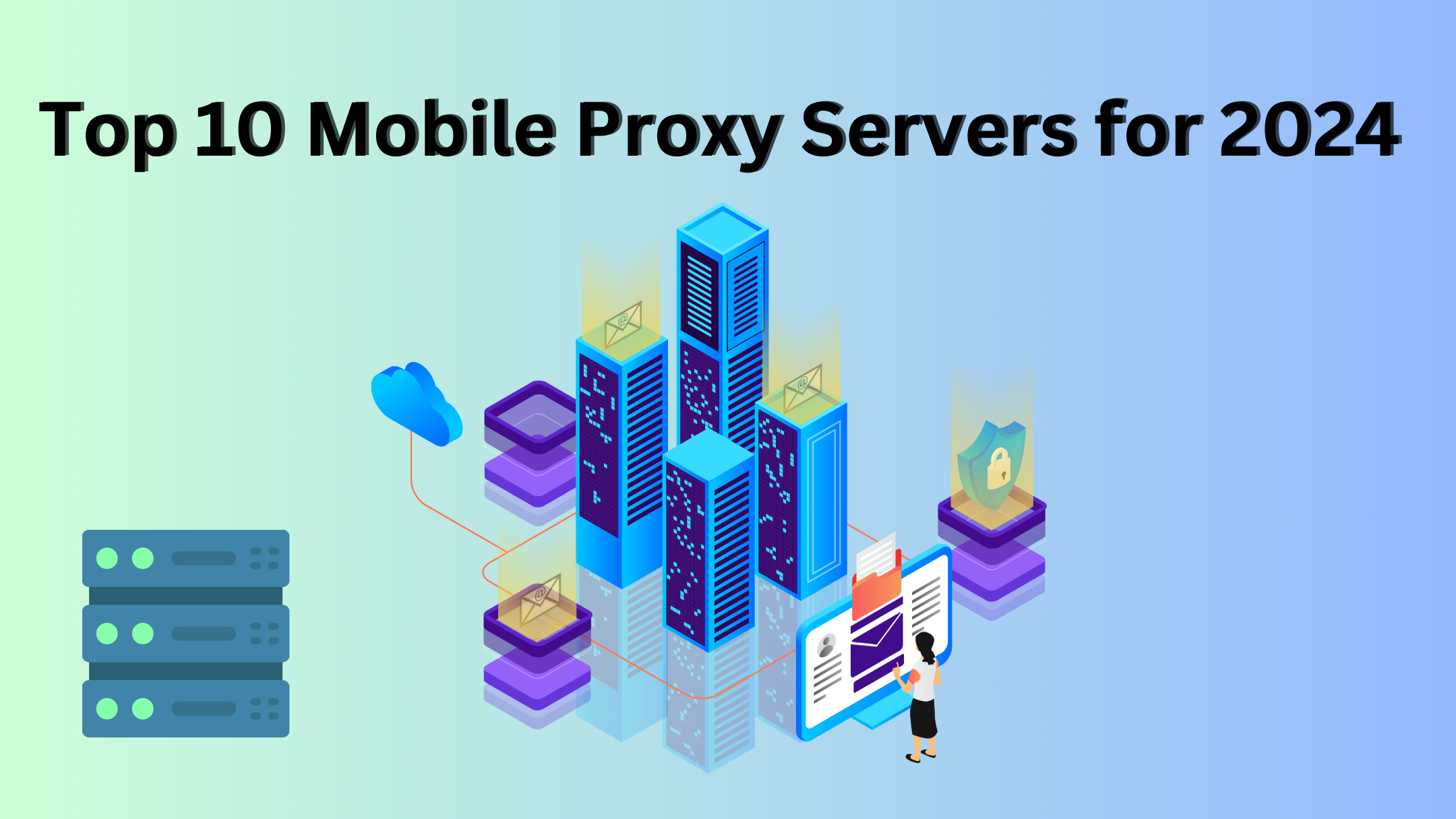
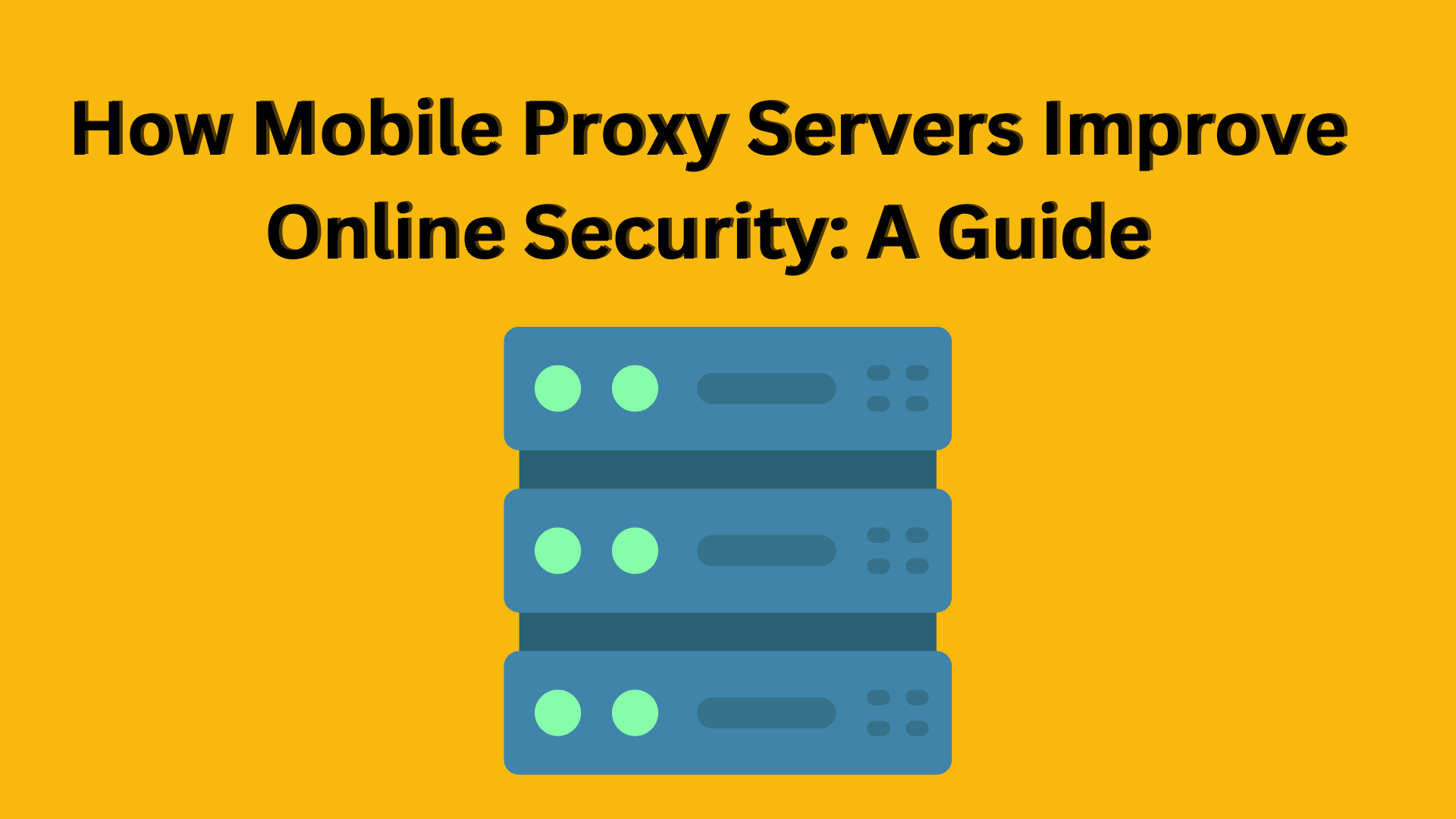
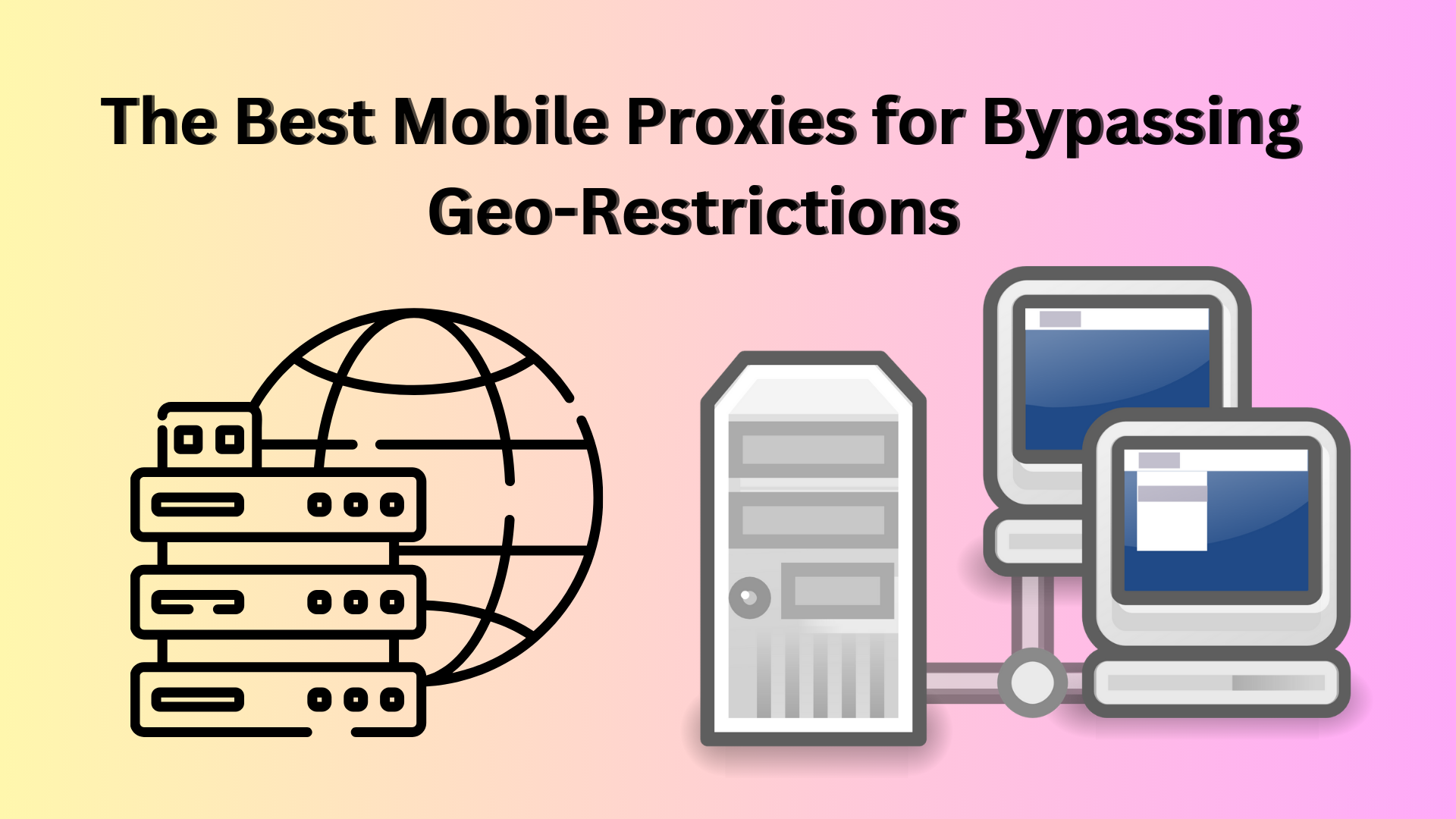
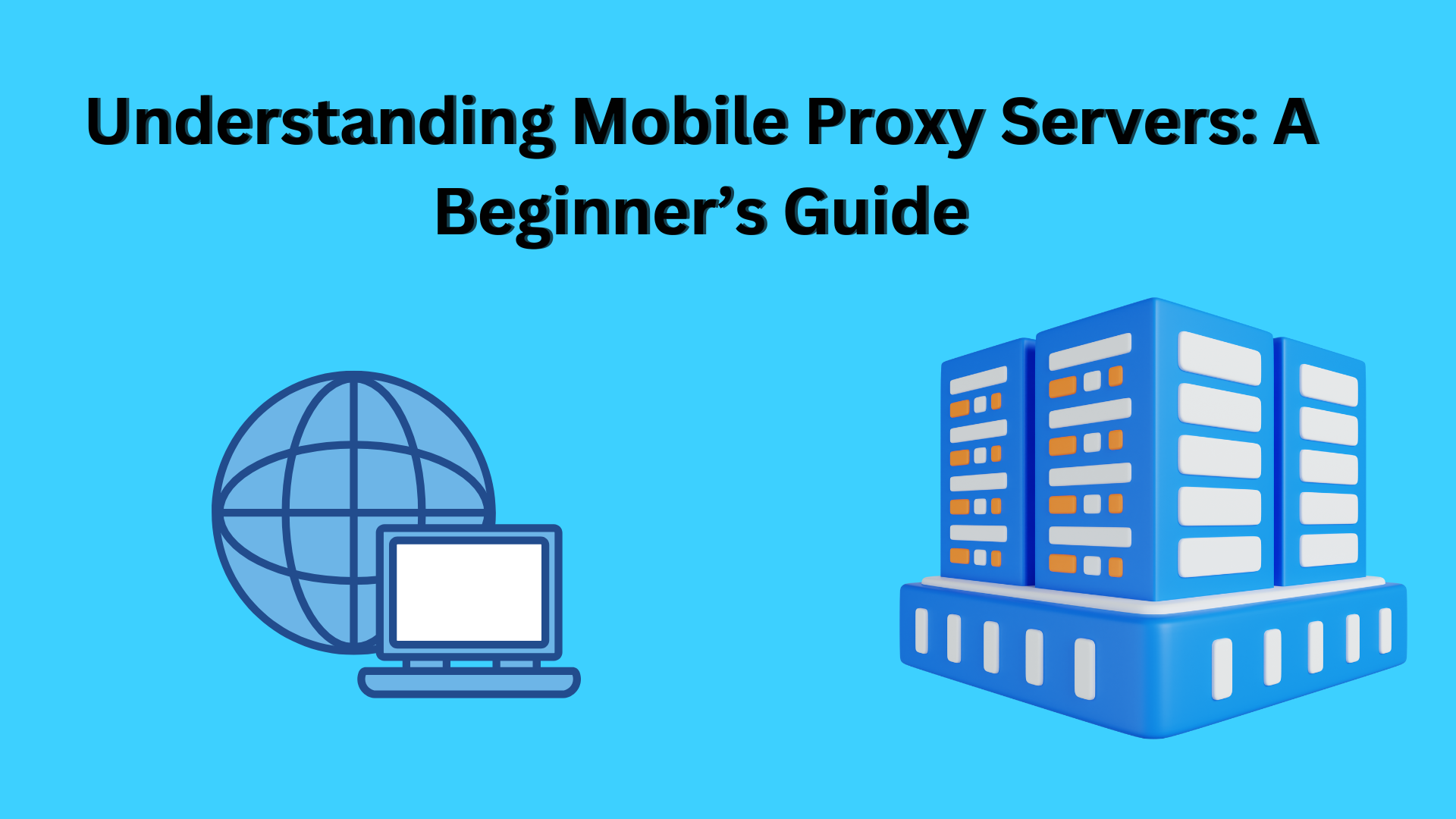
Pingback: Understanding Mobile Proxy Servers: A Beginner’s Guide